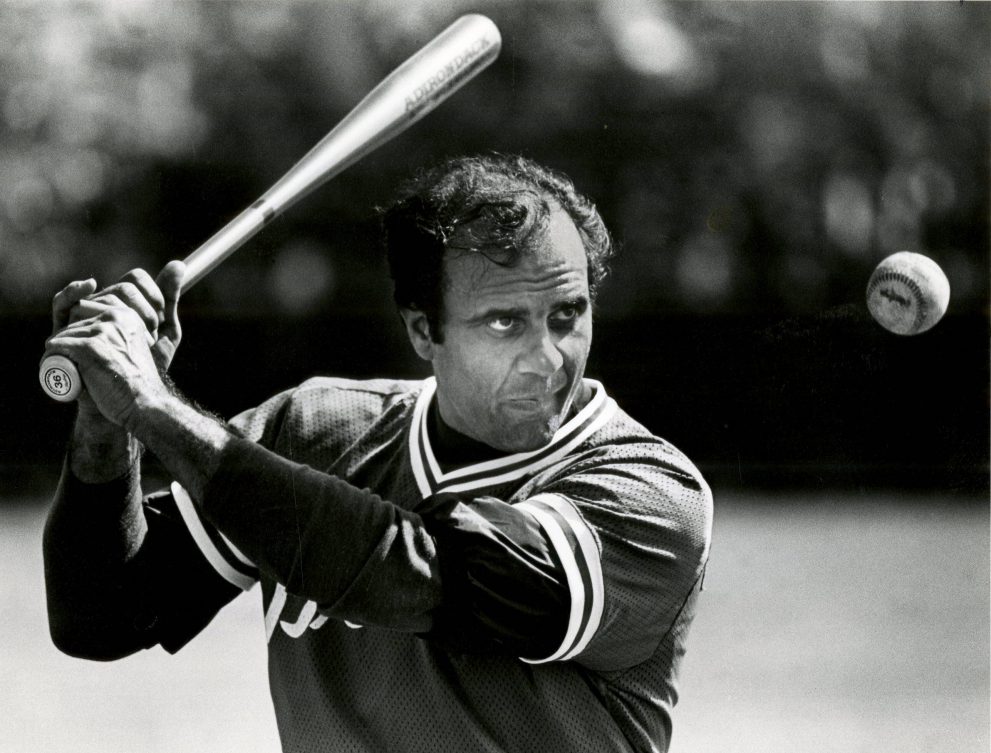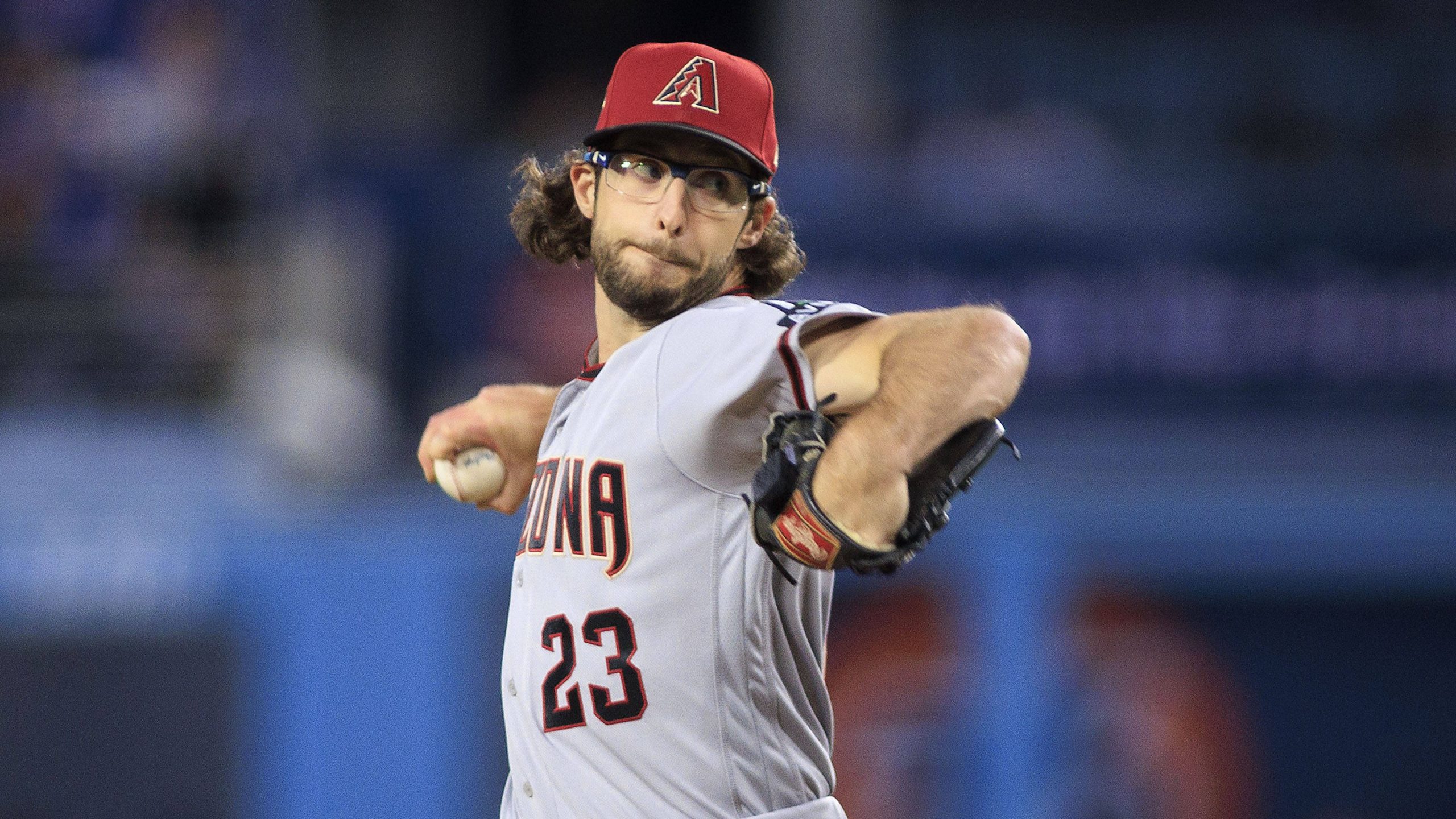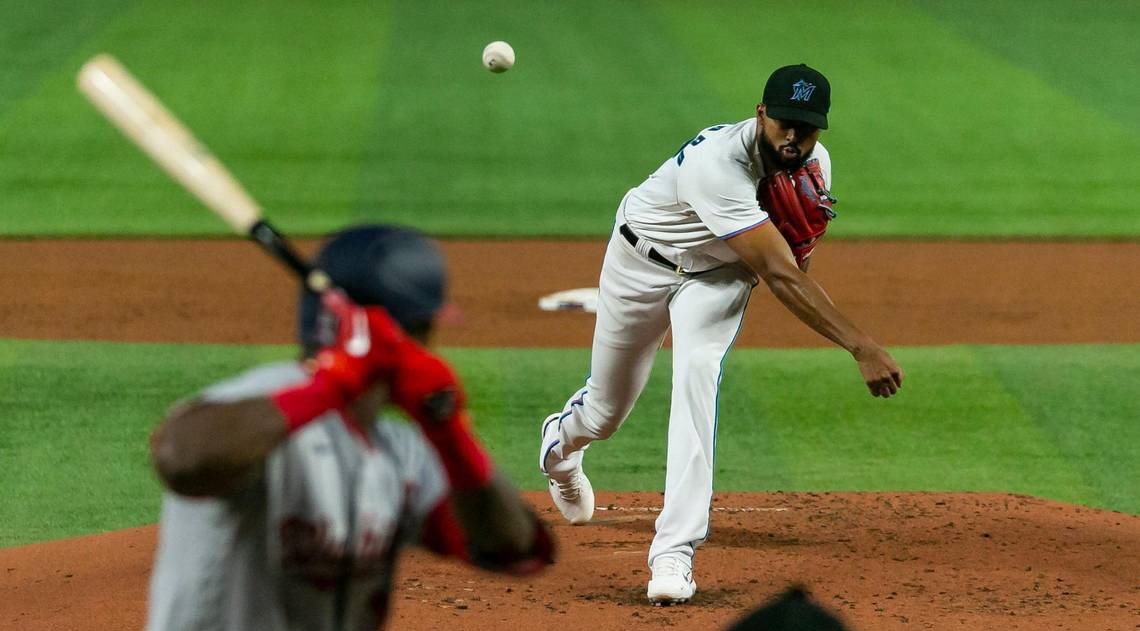Plenty of seemingly unassailable Major League Baseball records have been broken over the last four decades.
The single-season and career records for hits, home runs and stolen bases have fallen by the wayside, as has the all-time record for strikeouts by a pitcher (Walter Johnson, who ranked first all-time entering the 1982 season, now ranks ninth).
And perhaps the most impressive individual mark of all — Lou Gehrig’s record for consecutive games played — was broken in 1995 by Cal Ripken Jr., who ran his record to 2,632 games by playing in another 501 consecutive games through late September 1998.
But when it comes to setting a standard for fast starts, the 1982 Atlanta Braves and 1987 Milwaukee Brewers continue to share the gold medal podium, with nary a challenger in sight.
On Apr. 21, 1982 — 40 years ago today — the Braves ran their season-opening winning streak to 13 games by scoring twice in the ninth to earn a 4-3 walk-off victory over the Cincinnati Reds. One day shy of five years later, the Brewers tied Atlanta’s mark by improving to 13-0 with a 5-4 win over the Chicago White Sox.
On this day in 1982, the @Braves established a new MLB record by winning their 13th straight game to start the season.
The mark was equaled five years later by the 1987 @Brewers. pic.twitter.com/CRGMjyATqM
— Sporting News MLB (@sn_mlb) April 21, 2022
Since then, just seven teams have opened the season with seven or more consecutive wins. None have begun a season with 10 straight victories and only two teams — the 1990 Cincinnati Reds and 2003 Kansas City Royals — raced out to 9-0 starts.
This year’s pursuit of the Braves and Brewers, such as it was, consisted of just one team and lasted a mere three games: The Tampa Bay Rays fell to the Oakland Athletics, 13-2, in their fourth game on Apr. 11.
“It’s the curse of the ’87 Brewers,” said a chuckling MLB Network analyst Dan Plesac, the closer for Milwaukee that season. “It lives.”
Both red-hot runs had the element of surprise, sometimes even within their own organization. The Braves, playing in the six-team National League West, hadn’t made the playoffs since 1969 and were 163 games under .500 between 1970 and 1981.
They finished 9 1/2 and 7 1/2 games out of first place, respectively, during the two halves of the strike-shortened 1981 season, after which Bobby Cox was fired as manager and replaced by Joe Torre.
“It was a wild run,” said Torre, who was enshrined into the Hall of Fame along with Cox in 2014. “We started on the road and I remember in San Diego, we played a two-game series and I remember sitting with my general manager, who was John Mullen, and he said to me at lunch ‘Well, let’s split these two games.’ And I said ‘What do you mean?’ He said ‘Split.’ I said ‘Why not win two?’ Because that’s the way your mind works. You don’t want to win one and say we don’t have to win this one.
“So we won those couple and it was like off to the races.”
Rays lose to the A’s 13-2. There are no more undefeated teams. The 1982 Braves and 1987 Brewers can once again pop the bubbly.
— Jason Foster (@ByJasonFoster) April 12, 2022
The Brewers appeared mired in a rebuild when they finished in sixth place in the seven-team American League East in 1986 with a 77-84 record — their third straight sub-.500 finish following the best run in franchise history, a six-season stretch in which never finished with a losing record, qualified for the playoffs twice and made the 1982 World Series.
In the spring of 1987, Sports Illustrated picked the Cleveland Indians — who hadn’t reached the playoffs since 1954 — to win the AL East and predicted a last-place finish for the Brewers.
“That division was so strong,” Plesac said. “The Yankees, the Orioles, the Tigers, the Blue Jays. And we just got off to one of those starts where it was like, OK, you win four in a row, you win five in a row, you win six.”
Both teams built momentum with a spate of come-from-behind victories. The Braves didn’t trail in any of their first six wins before overcoming deficits in six of their next seven wins. Atlanta trailed the Houston Astros by three runs before earning one-run wins in their ninth and 11th wins and overcoming a 2-0 deficit in record-setting win no. 12, a 4-2 victory over the Cincinnati Reds.
That win broke a tie with the 1981 Oakland Athletics for the longest season-opening unbeaten streak. (Before the Athletics, only three teams had opened 10-0, none since the 1966 Indians)
“When you’re struggling, you say to yourself ‘Boy, I’ve got to go to the ballpark,’” Torre said. “When you’re playing well, you say ‘I get to go to the ballpark.’ Our game is so full of negative statistics that when you get on a little bit of a run, you take pressure off a lot of people, because those individuals don’t think they have to do it themselves.”
Win No. 13 was the wildest one for the Braves, who trailed 3-0 before Claudell Washington capped the comeback with a two-run, two-out, game-winning single.
“Dale Murphy used to come by me and say ‘They got us where we want,’” Torre said. “It was a wild run. All of a sudden, I get a call from former President Carter, (who is) a big Braves fan. It was great.”
Dale Murphy and Bob Horner in 1982. My only regret is that this photo is not in full color to complement those #Braves home white uniforms (and those multi-color Atlanta-Fulton County Stadium seats). pic.twitter.com/F2NiRRpgSW
— Grant McAuley (@grantmcauley) November 23, 2021
The Brewers didn’t receive a call from any former Presidents, but their start was even more eventful. Juan Nieves tossed the first no-hitter in franchise history on Apr, 15, when Robin Yount made a diving catch in centerfield to record the final out of a 7-0 victory over the Baltimore Orioles that ran the winning streak to nine games.
The Brewers trailed in nine of their wins and overcame multi-run deficits five times — including in record-tying win No. 12, the “Easter Miracle” 6-4 victory over the Texas Rangers on Apr. 19. The Rangers carried a 4-1 lead into the ninth, when Rob Deer hit a three-run homer and Dale Sveum walked it off with a two-out, two-run shot.
“Every year around this time, a couple of days before Easter, I start getting text messages, I start (looking) on my Twitter account and I start (looking) on Instagram where Brewers fans across the country start hitting me up saying ‘Oh my gosh, I can’t believe it’s been this long since the greatest game I saw ever in Milwaukee,” Plesac said last Thursday. “I was fortunate to play 18 seasons, pitch in over 1,000 games, I was able to pitch in three All-Star Games. So many great things. If somebody asks me ‘Hey, what game do you remember most?’ It wasn’t striking out Darryl Strawberry in the ’88 All-Star Game. I think about Easter Sunday — and I didn’t even pitch in that game.”
Seems like yesterday…Sunny Easter Sunday of 1987.. down 4-1 heading to B9th… Rob Deer 3run HR tied it & a Dale Sveum 2run walkoff HR in to the @Brewers bullpen at County Stadium that sent 29,000+ into a frenzy ..12-0 to start the 1987 season..THE best game I was ever a part of pic.twitter.com/QRF6kDlgYF
— Dan Plesac (@Plesac19) April 17, 2022
Plesac got the final out in record-tying win No. 13, when the Brewers — playing at Chicago’s Comiskey Park, where Plesac said “…it felt like three-quarters of the crowd came down from Wisconsin — it felt like a home game in Chicago for us” — trailed 4-3 before future Hall of Famers Paul Molitor and Yount delivered back-to-back RBI hits in the seventh.
The streak finally ended the next night with a 7-1 loss to the White Sox, but the Brewers immediately won four straight and seven of nine to improve to 20-3. And then, like the Braves five years earlier, the Brewers endured a lengthy skid that undid the margin for error built up during the fast start.
The Brewers fell out of first place for good by losing 12 straight from May 3 through May 19, a span in which they were outscored 72-25. Milwaukee continued slipping and fell under .500 at the All-Star Break (42-43) by going 4-9 on a west coast trip immediately before the Midsummer Classic.
The Brewers had a terrific second half highlighted by Molitor’s 39-game hitting streak, the longest in the American League since Joe DiMaggio’s major league-record 56-game run in 1941. But in the pre-wild card era, Milwaukee never got back into the playoff race — Toronto won the division with a major league-best 98-64 record — and finished in third place at 91-71.
“That was the reason they branded us ‘Team Streak,’” Plesac said “We were one or the other. We were either hot or cold and there was very little in between.”
Yes Easter Sunday 1987 was great! But can we start building some new memories ? #brewers
— Chuck Freimund (@ChuckFreimund) April 17, 2022
The Brewers had six more wins than the Minnesota Twins, the AL West champion and eventual World Series champions.
“Would have been great to have the expanded postseason like we have in 2022 — we might have had a shot to get in,” Plesac said. “But the East was tough, It’s like it is today. You knew going in that you were probably going to have to win 95-plus games to think about winning the AL East.”
The Braves held sole possession of the NL West lead for all but one day through July and opened up a season-high nine-game lead by beating the San Diego Padres on July 29. But Atlanta lost 19 of its next 21 — a span in which it suffered five walk-off losses during a 1-10 west coast trip — to fall four games behind the Los Angeles Dodgers.
The Braves were three games out of first place with 10 left to play but went 7-3 to finish 89-73 and win the division by a game over the Dodgers, who stumbled to a 3-7 finish. Atlanta was swept in the best-of-five NL Championship Series by the St. Louis Cardinals (who, in a nice tying-this-all-together touch, beat the Brewers in the World Series).
“We were a kangaroo team,” Torre said. “Kept hopping all over the place.”
The hot starts for those Braves and Brewers serve as a reminder of baseball’s volatile and unpredictable nature and how the brilliance of such runs is impossible to bottle, even for those who know the ingredients. Of the 18 teams to produce a winning streak of 13 games or longer since the Brewers, only one — the 1991 Twins — went on to win the World Series. The longest winning streak in the last 35 years was the 22-game run mounted by the Indians in 2017, when they were upset by the New York Yankees in a five-game AL Division Series.
“I remember Ted Simmons said to me one time — he had called me, I think he was with Milwaukee — (and) he says ‘Every time I get to .300, I just seem to fall back,’” Torre said. “I said ‘Yeah, because you’re thinking about .300. Think of .310.’”
“Listen, there’s been some great games in Milwaukee, and it’s not taking anything away from the World Series team to several postseason teams of recent years and (Ryan) Braun and (Prince) Fielder, (Christian) Yelich and the tremendous pitching staff that they have now,” Plesac said. “But there was an innocence about 1987 that will be hard to duplicate.”







